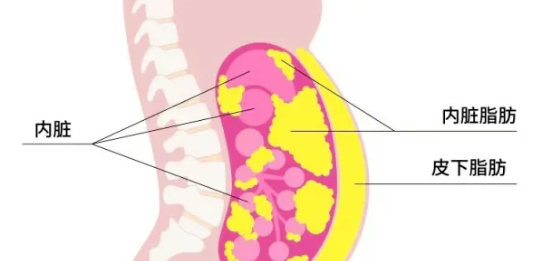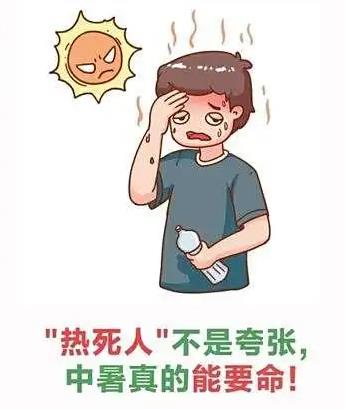Which type of liposuction yields better results
The effect of liposuction surgery is usually quite significant, as it can effectively reduce local fat accumulation, improve body contours, and achieve the goal of body shaping. However, the effectiveness of liposuction can also be influenced by various factors, such as individual physical condition, liposuction site, amount of fat removed, and postoperative care. As for the several liposuction methods, including hydrodynamic, negative pressure, laser, and resonance, each has its own characteristics and different applicable situations, so it is not easy to simply say which one is better.
Hydrodynamic liposuction
Principle: Using a spiral water jet, precise action is exerted on adipose tissue through pressurized water flow, evenly separating fat cells without damaging blood vessels and nerves.
Advantages: It can precisely control the liposuction site and amount, causing minimal damage to surrounding tissues, less bleeding, relatively faster postoperative recovery, and a lower incidence of skin irregularities.
Disadvantages: The surgery time is relatively long, the equipment cost is high, and the cost is also relatively expensive.
Application: Applicable to liposuction of various parts of the body, especially for large-area fat suction, such as the abdomen, thighs, etc.

Negative pressure liposuction
Principle: Insert the liposuction tube into the fat layer through a concealed small incision, and use the principle of negative pressure suction to extract the fat.
Advantages: It is a relatively traditional and mature liposuction technique, with relatively simple operation and low cost, capable of quickly and effectively extracting a large amount of fat.
Disadvantages: It requires high technical skills from the doctor. If not performed properly, complications such as uneven skin and local skin necrosis may occur. Postoperative pain is relatively intense.
Application: It is suitable for various fat accumulation areas. However, for liposuction of delicate areas such as the face and neck, a doctor with rich experience is required.
Laser liposuction
Principle: Low-energy laser irradiation is used to rupture and liquefy fat cells in adipose tissue, and then the liquefied fat is suctioned out through a small incision.
Advantages: Lasers can seal blood vessels, reducing bleeding and swelling, while also having a certain tightening effect on the skin, resulting in better skin smoothness after surgery.
Disadvantages: The efficiency of liposuction is relatively low, and its effectiveness in extracting large amounts of fat is inferior to other methods. The treatment duration is longer, and the cost is higher.
Application: Applicable to small areas of fat accumulation, such as double chin, butterfly sleeves, etc., and also suitable for patients with high requirements for skin tightness. Resonance liposuction
Principle: Leveraging the resonance principle, fat cells are fragmented under the influence of resonance and subsequently extracted through negative pressure.
Advantages: It can selectively destroy fat cells, causing minimal damage to surrounding tissues, less bleeding, and faster postoperative recovery.
Disadvantages: The equipment is relatively complex, and the operational skills required are high. If the resonant frequency is not properly controlled, it may cause damage to surrounding tissues.
Application: It is suitable for liposuction of various parts of the body, especially for harder-textured fat, such as male chest and abdominal fat, where the effect may be better.
When choosing a liposuction method, it is recommended that you first visit a reputable medical institution for detailed consultation and examination. The doctor will tailor the most suitable liposuction plan for you based on factors such as your physical condition, fat distribution, personal needs, and economic status.
相关文章
跑步视频获超11万条留言的书记落马
7月18日,中央纪委国家监委网站援引四川省纪委监委消息通报称:四川省巴中市委原书记何平涉嫌严重违纪违法,目前正接受四川省纪委监委纪律审查和监察调查。 何平长期在四川工作,...
吸脂效果怎样,水动力、负压、激光、共振选哪种方式更好?
吸脂手术的效果通常是比较显著的,可以有效减少局部脂肪堆积,改善身体轮廓,达到塑形的目的。不过,吸脂效果也会受到多种因素的影响,如个人身体状况、吸脂部位、吸脂量、术后护理等。至于水动力、负压...

